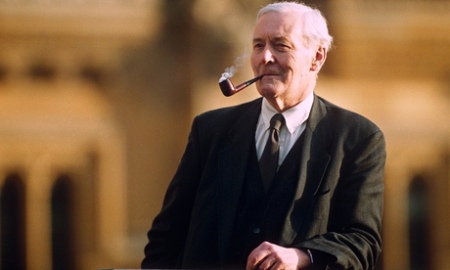Great news: my February 2014 session for Burning Lodge is now available at Soundcloud.
For those who may not have encountered it before, Burning Lodge is an Immersion Composition Lodge. The idea is to nudge frustrated, confused, or apathetic songwriters into action by getting them to write and record an unfeasibly large number of songs (e.g. 12, or even 20) in 12 hours. The Immersion Composition Society website explains more.
I’ve been doing Burning Lodge for most of the last 7 years now and have recorded hundreds of tracks. Some of them are simply garbage, but there’s usually at least two or three good tracks in every monthly session. The great thing about immersion composition is that it forces you to cut the BS and just record STUFF. Or in my case, EMBRACE the BS and press record.
This month’s session was based around a piano which an elderly relative of mine, who has recently gone into a care home, very kindly donated to us. It was a session of two parts: the first part involved doing piano improvisations, recorded downstairs with a little Yamaha pocket recorder, and then the piano tracks were processed, treated and generally mucked about with in the upstairs studio. Additional synthesizer was added in many cases.
Track by track, we have:
1 – “Keith: Jar It.” My first piano improvisation was the only one that really made sense to me as a piece on listening back, so I decided to keep it as pure, unadulterated piano.
2 – “Coffee Compounded”. This actually uses the same piano track as the second half of “Keith Jar It” but gives the track some heavy processing courtesy of the Native Instruments Kore 2 soundpack Deep Freq (or maybe it was Deep Transformations, I can’t remember). Kore 2 is, IMHO, the best thing Native Instruments ever put out, and the fact that the company abandoned it in 2011 to focus on Maschine is a tragedy.
3 – “Blue Rubber Rooster”. Another Kore 2 processing of a piano track, this time using the preset “Blue Rubber Chicken” (hence the name). Even more bonkers than the previous track!
4 – “RM Seasonings”. The RM stands for ‘ring modulator’. I remember reading something in the Julian Cope book “Japrocksampler” about how some Japanese avant garde musician used piano going through a ring modulator in the 1960s so I decided to use the ring mod at a couple of different frequencies (overdubbed) in this case to see how it worked out. It sounded best with some of the original piano signal left in the mix.
5 – “Something Good”. Another Kore 2 setting – this one seems to transform the piano into a synth pad. Quite a bit of (intentional – at least that’s what I’m claiming…) distortion in the patch.
6 – “Another Turquoise World”. Title is a tribute to Eno, of course. This was actually a modular synth doodle that I’d intended to post up last month but never got round to. So I thought I’d stick it together with one of the piano improvisations. The crazy thing was, they go together quite well, particularly at the end of the piece where it sounds to me as if I’m reacting to what the synth plays, despite the fact that it wasn’t even there at the time. This track is my submission to the February 2014 edition of the 12in12x12 project, which brings together a number of immersion composition songwriters in a monthly compilation of their best tracks.
7 – “The Exeter Exciter”. This is the piano going through a complex patch involving 2 bandpass filters (from the Doepfer A-127 module if we want to get technical) and then fed into a Lexicon MPX-1 effects unit. There is a bit of (unintentional) distortion on some of this because I set the levels wrong and was running out of time so I didn’t get the chance to go back and do it again. Put through the Lexicon it’s amazing how much like the Yamaha CP70 electric grand the piano starts to sound like.
8 – “Modular Crimes”. Again this was a weird modular thing that I had floating around from last month. In fact this is the only track this month with no piano at all – it’s all synthesised.
So there you have it – a nice (albeit all instrumental) session. Maybe next month I’ll get back into singing (and guitar!)
